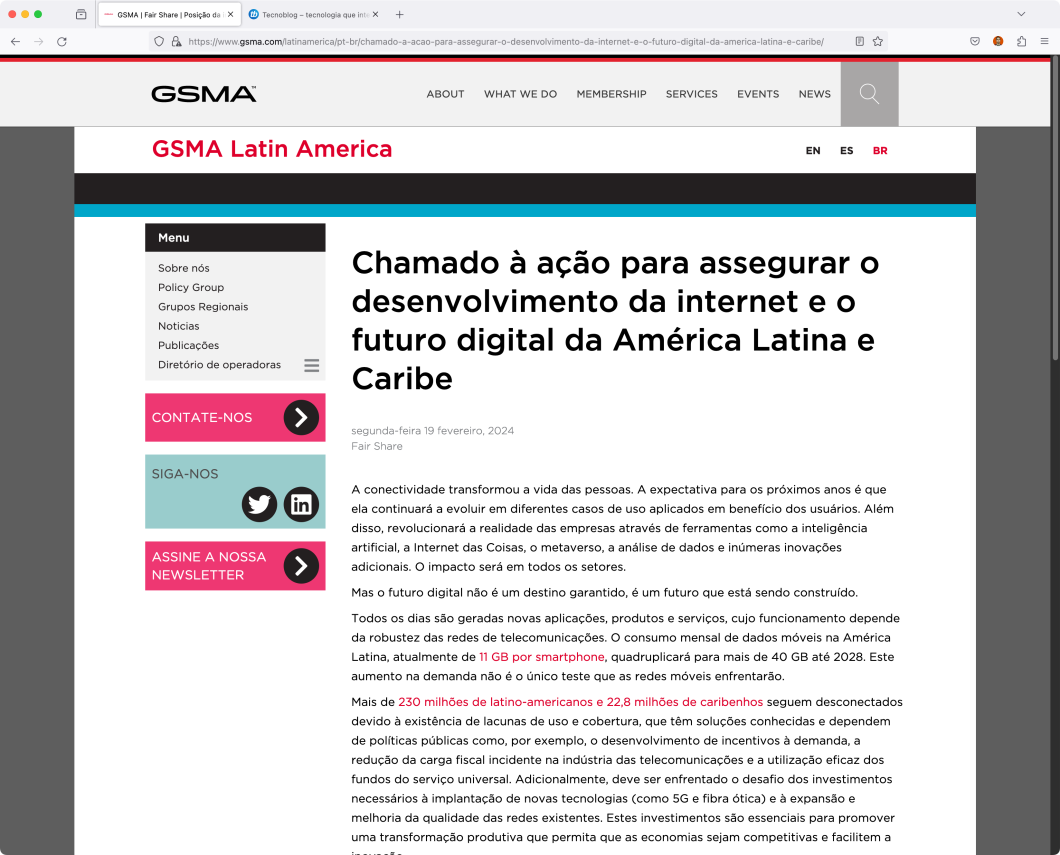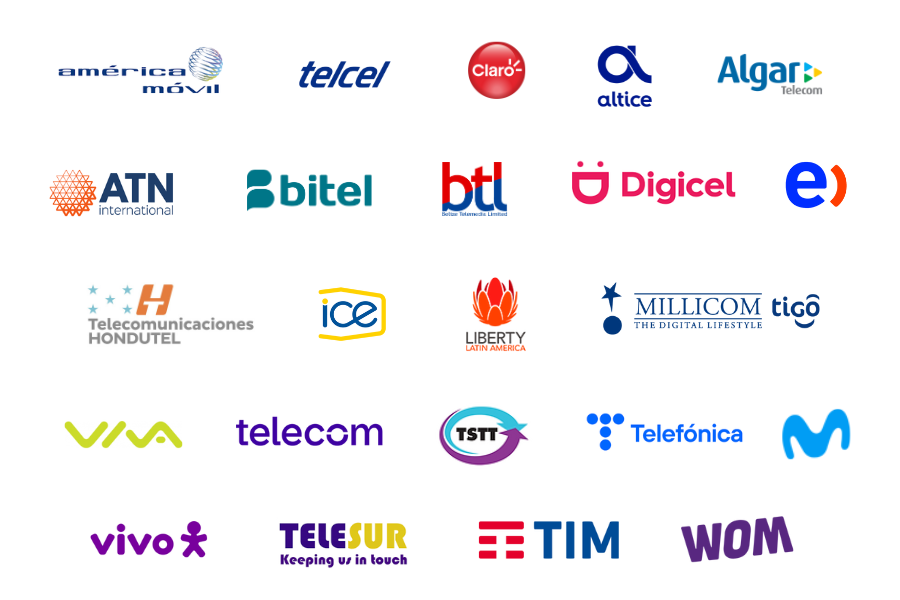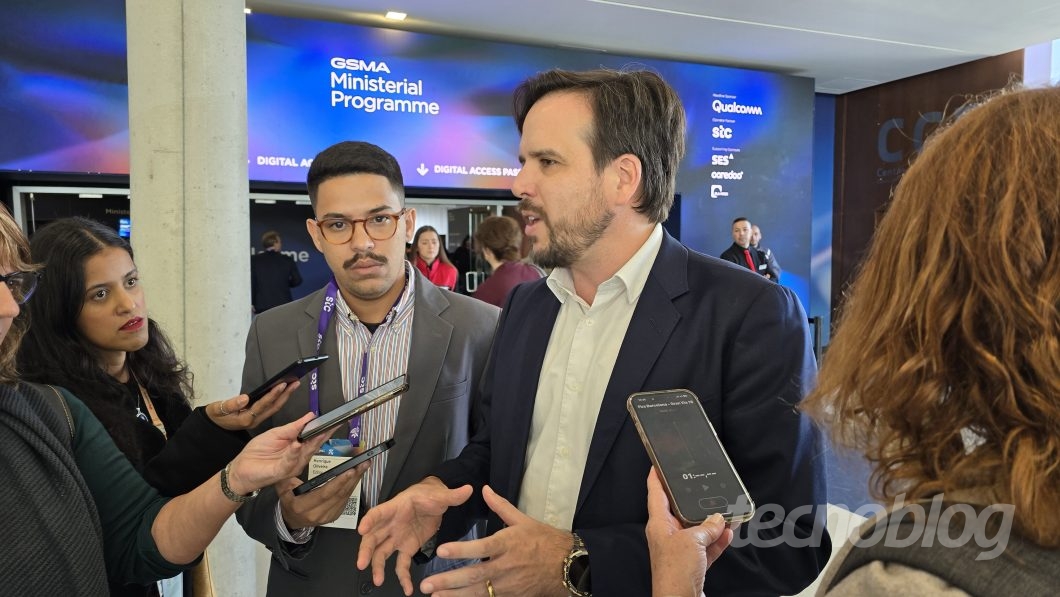
From Barcelona – All businesses on television with unlimited WhatsApp, TikTok forums in French, Instagram with free access, etc. are with contact days. The endorsement of the president of Anatel, Carlos Baigorri, as well as the telecommunications companies of Brazil, are sent for a new reality, to allow access to all the content available on the Internet.
Where this is the main point of connection to the world, it is CMM 2024, made last week. I converse with Baigorri on this theme, tending towards the view, for example, that Claro fez in fever or in movement of remove some unlimited apps from two new control plans.
Hear the case
The president of the National Telecommunications Agency said that the zero rate was not a regulatory issue, but also a commercial one. “Phone companies can do this. It has been more than a decade since Cade endorsed a denunciation and concluded that it was not a matter of network neutrality.” According to him, operators do not pay on Meta, for example, to include WhatsApp in our packages. This is an image usage license.
Não por acaso, as main companies of our public sector open card reivindicando or fair share a few days from the start of the MWC. Claro, TIM, Vivo and Algar Telecom appear among the signatories of the document. They are asking companies from Google (with YouTube), Meta (with Instagram and WhatsApp) and Netflix to pay for content for the maintenance and expansion of Internet infrastructure around the world.


The group calculates that the average monthly consumption of 11 GB per smartphone in Latin America is expected to quadruple to 40 GB by 2028. It appears that the dollar bills spent by the region's telecommunications industry are not enough.
The president of Anatel spoke of complaints on the subject until 2023. The speech is that big technologies occupy the network, there is a lot of money and there is nothing for televisions. Baigorri also revealed this person's response: “If the logic is that you occupy your red, you are in a traffic of grace. What do you answer or what?
When I think it's a trend, Baigorri tells me that “imagined that sim”.
Claro and TIM confirm the fim in zero rating
Large companies are also linked. Recently I asked Claro's marketing director to send us a message to make a zero rating. Márcio Carvalho commented: “We are in the process of remodeling our offer. This also works in the migration function for the 5G, that their speed is the highest. No passado, o Instagram It was a photo and a video. This is not a blank check without knowing that the applications will be made later. He also said that in Claro “he wants to continue to invest and remunerate this investment”.
In February, the president of TIM conceded a statement similar to the Claro executive: “Fechamos a torneira para o zero rating. Not all new plans are zero-rated for the social network.” Alberto Grizelli also commented that “the world was outside” when the strategy was implemented.
And the consumer, like fica?

In the meantime, the consumer has to pay R$100, R$150, but it costs R$200 for more to buy with Internet custody. How can we explain to this customer that he has already paid for a connection which should not be more expensive, even with the entry of a new possible dinner?
Baigorri was sincere: “It’s a good idea, I’m not. Specify the position of the operators' marketing staff. Have you shared this person with your voice: how they are going to package this narrative? »
He learned that the National Telecommunications Agency is in the process of carrying out a Tomada de Subsidios on the duties of telephone network users. This applies both to natural persons – you and the European Union – and to application providers that are connected to the web – such as Google or Facebook.
Thássius Veloso viajou para a Espanhaa guesthonor

